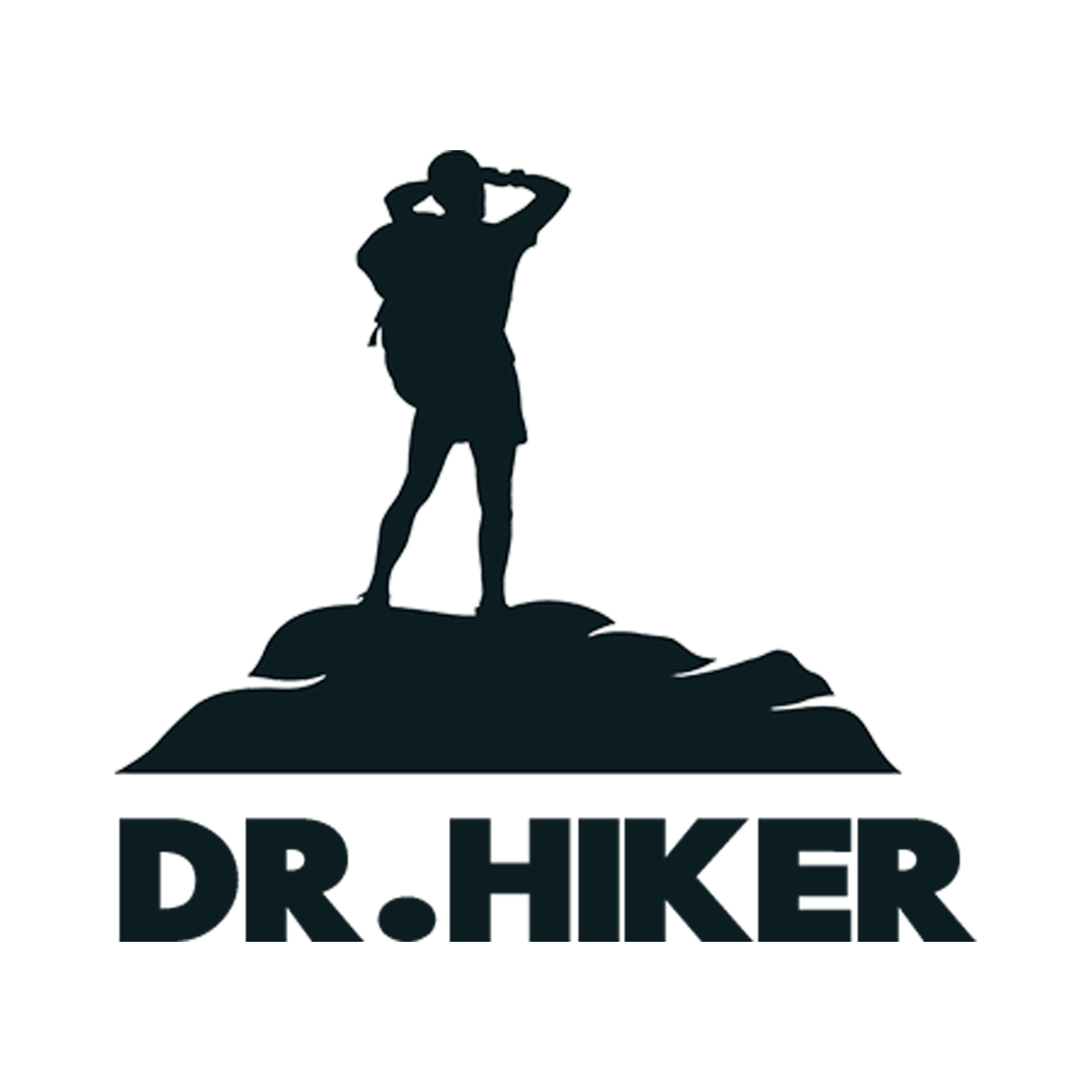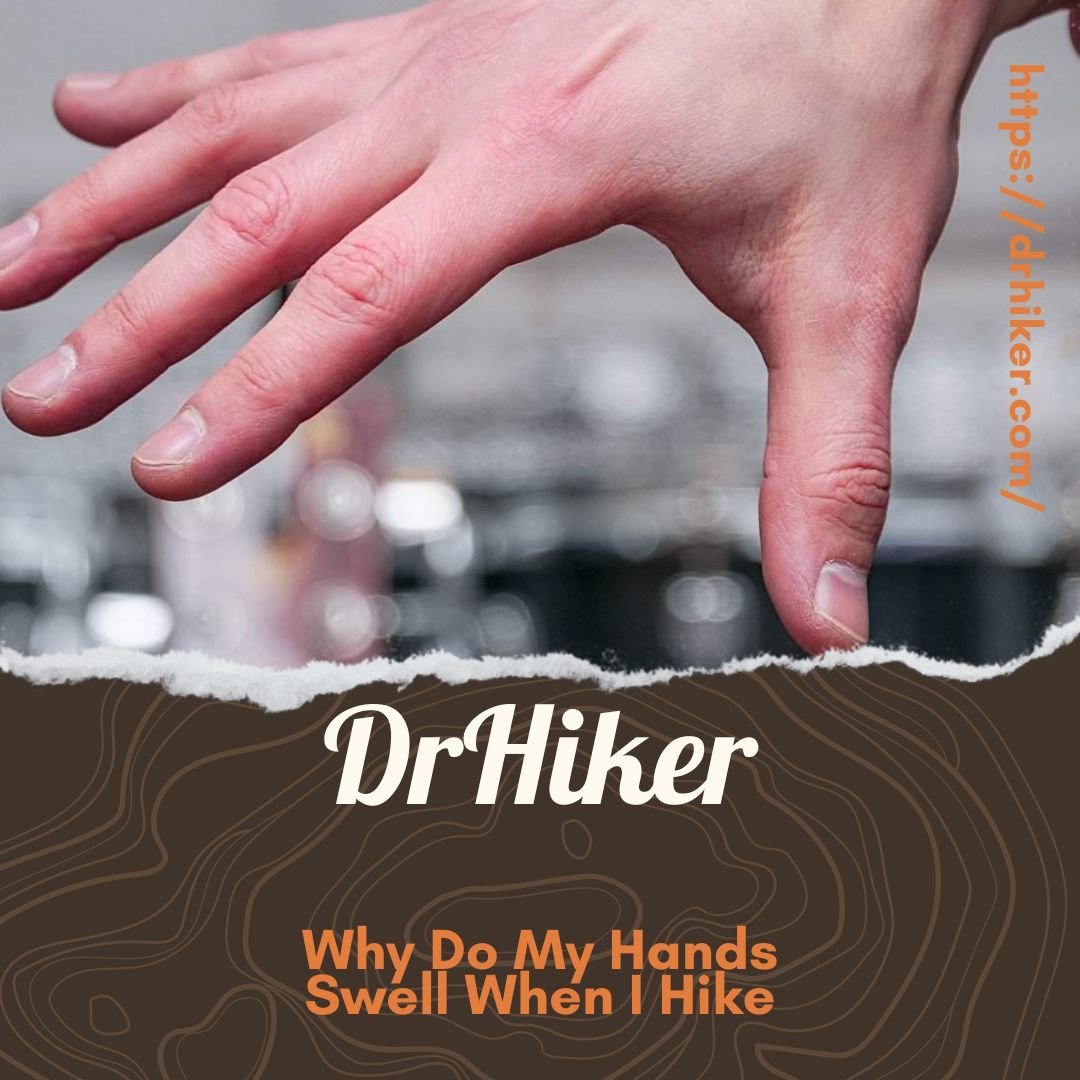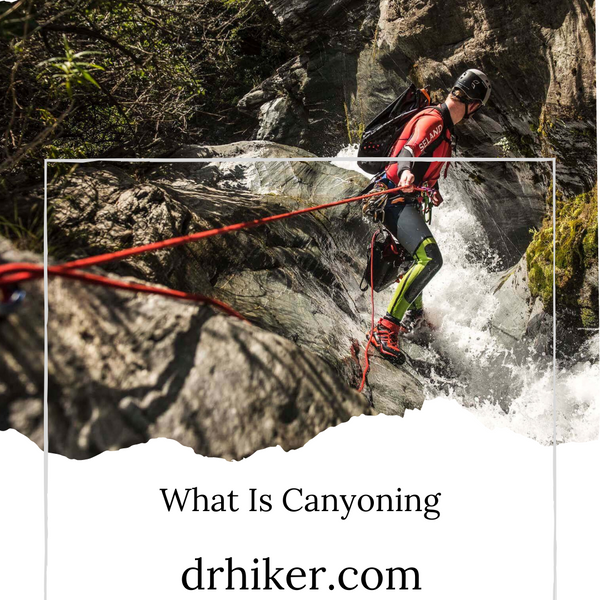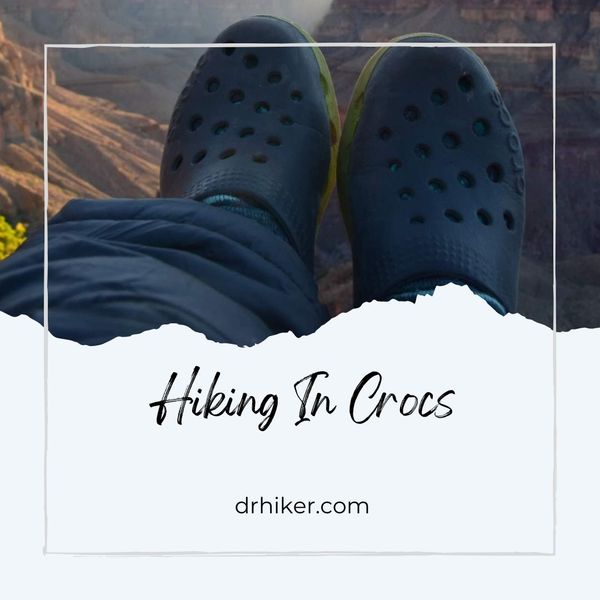Whether hiking or exercising, blood flow to the lungs and heart increase with less blood circulation to the hands. In that case, blood vessels in the hands will dilate to cause hand swelling.
Sometimes, climatic factors and the weight of your loaded backpack also cause swelling. In this blog post, we have elaborated on why hands swell after hiking and how to prevent it from happening.
Why Do My Hands Swell When I Hike?
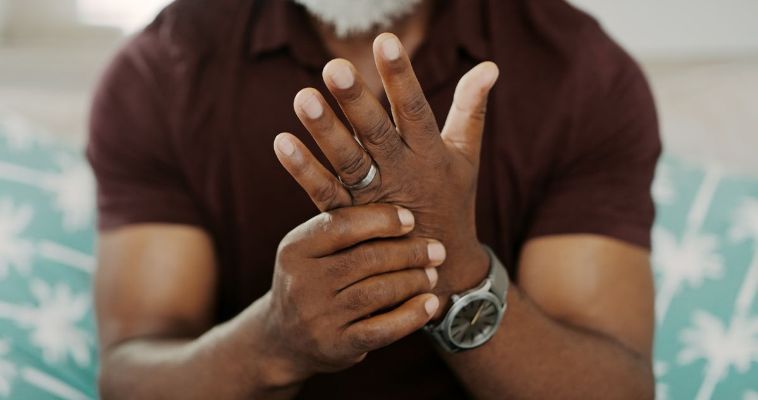
Hiking or any other strenuous physical activity can cause your hands to swell. These activities increase heart rate and blood circulation to specific body parts, leading to fluid build-up inside hands. Carrying a heavy backpack and wearing tight clothes and a backpack strap also causes hand swelling.
Extensive Fluid Build Up
Hand swelling during hiking most probably results from excessive fluid retention. Normally, the heart pumps blood to all body parts, but the backflow interferes for some reason when hiking.
Any exercise, including hiking, leads to increased blood flow to fulfill the need for oxygen by the body. Most of the body's muscles are involved in hiking, which requires more blood flow than hands. Blood vessels in the hands undergo dilation to cause swelling. These dilated blood vessels also cause tissues around the hands to swell, resulting in swollen fingers. This usually happens in hot weather.
Too-Snug Backpack Straps
The straps of your backpack put pressure on blood vessels that backflow to the heart. If the force sending blood back isn’t strong enough, it will cause hands to swell. Limb muscle contractions mainly control the backflow of blood toward the heart. These blood vessels run through muscles pumping blood back to the heart, but during hiking, the arms muscles aren’t extensively used and don’t get much blood leading to fluid retention.
High Altitude
Why do my hands swell at high altitudes? This is a commonly asked question by many people who experience hand swelling at high altitudes, which is another reason leading to fluid retention.
Altitude sickness also causes swelling, usually at 8000 ft or higher. Also, hands swell during multi-day hiking but not during shorter climbs.
Contact With Allergens
People with certain allergies also experience hand swelling when they come into contact with any allergen. Touching plants like Poison Ivy or stings of bugs also trigger allergies.
Hyponatremia
Hiking or walking in heat leads to Hyponatremia that results due to electrolyte imbalance and causes puffiness and bloating. This condition leads to hand swelling, lightheadedness, headache, fatigue, coma, and even death.
This state occurs when the fluid levels exceed the salt levels in the body leading to enhanced water retention and cellular inflammation. It is a condition when you try to stay hydrated during camping but do not consume sufficient salts.
On hot days due to excessive sweating, salts in the body also reduce, but it doesn’t mean you should stop drinking water. Staying hydrated is important, but not to overlook electrolyte balance inside the body.
Underlying Medical Condition
You will also suffer from hand swelling if you have an injured arm or hand or any other medical condition, such as a heart attack, stroke, and sprain. Complex Regional Pain Syndrome also causes hands to swell during hiking.
In women, during the premenstrual phase, hands and fingers swell. This also occurs due to water retention.
How Do I Stop My Hands From Swelling When I Hike?
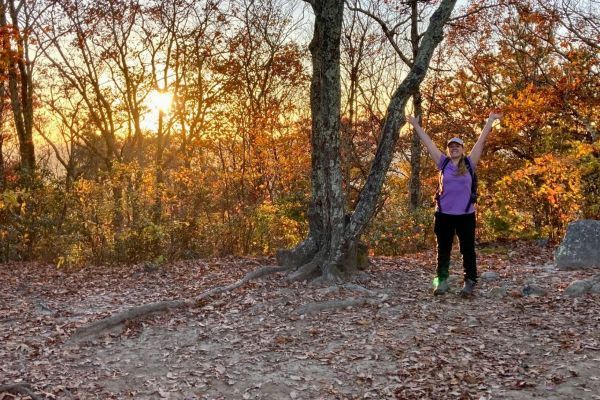
If you are a hiker, this hand swelling might not stop you from having an adventurous experience. However, knowing ways to prevent such conditions is essential. We have shared some tips and tricks to help you avoid the chance of hand swelling.
Stay Hydrated
Staying hydrated is essential to cover longer distances by walking or climbing on trails. Hydration doesn’t mean you only have to drink water but also ensure the balance of fluids and minerals inside the body.
Drinking too much water cause an imbalance in fluids where salts decrease in the body released after excessive sweating. So, drink something that can provide water and salts in balanced amounts to your body.
Keep Your Fingers & Hands Moving
By keeping your hands and fingers in motion, you can prevent hand swelling caused by reduced or restricted circulation. Take pauses during hiking to raise your arms above your head, wiggle your fingers, and stretch your arms to improve circulation.
Avoid Too-Tight Clothes
Reduced circulation also results from too-tight clothes and accessories restricting normal blood flow. Avoid wearing compression shirts or tightly fitted tops while carrying a backpack if you are hiking.
Your backpack straps shouldn’t be overtight and stay tension free against your body. Tight jewelry, fitness tracker bands, or hair ties shouldn’t be tight.
Keep The Load Minimum
A heavy backpack with a tight strap will put too much load on your body, leading to hand swell. Keep the weight minimum by removing all unnecessary items. Ensure you keep only things crucial for your survival when hiking or camping.
Take Frequent Hike Breaks
If you do not want to get hand swelling, take pauses or frequent breaks on the trail to relax your body. Feeling slight pain or swelling must be treated immediately, as delayed treatment will worsen the condition.
Use Hiking Poles
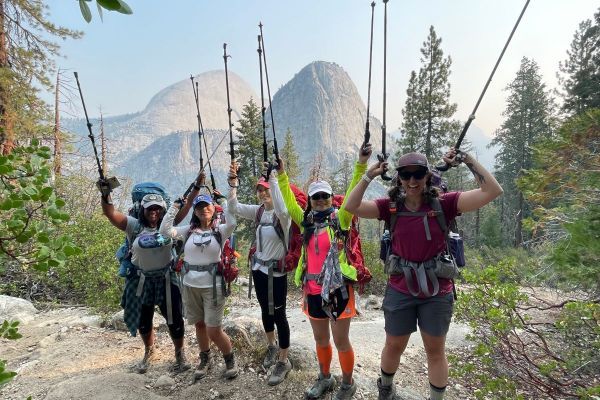
Hiking or trekking poles are beneficial in keeping hands and arms in consistent motion during bending and moving. Your muscles properly contract; that doesn’t happen by just swinging arms. You also get stability when moving on rocky terrain.
Another useful trick is to carry some pebbles in hand if you do not have hiking poles. Gripping anything will help muscles to contract and also prevent hands from swelling.
How Long Does Hand Swelling Last?
Hand swelling due to some injury usually lasts two to three months, but here we are talking about hand swelling due to hiking. If your hands swell when you hike, a little exercise or movement of arms muscles for a few minutes will help relieve swelling. You can massage or move your arms above your head to improve blood circulation.
FAQs
Does Swelling Hands In Exercise Mean Dehydration?
Hand swelling isn’t usually caused by dehydration, but it results due to hyponatremia, when there is too much water in the body compared to salts. This electrolyte imbalance causes hands to swell during exercise, a marathon, or any strenuous physical activity.
Why Do My Hands Swell After Hiking In The Cold?
When hiking, your fingers get cold because they do not receive the same blood flow as your lungs, heart, and legs. This leads to vasodilation to enhance blood circulation, which causes hand tissues to swell.
Why Do My Hands Go Numb When I Hike?
Blood is sufficiently supplied to body parts in active motion, but hands do not get the same blood flow. Due to reduced blood circulation, your hands and fingers feel numb.
Wrapping Up
Hand swelling during hiking is common, and you can easily prevent it by following our guidelines. You must consult a healthcare provider if your hand swelling doesn’t disappear due to some health condition.
We highly recommend you bring isotonic hydration, compression gloves, and hiking poles to lower the chance of hand swell when you hike.
